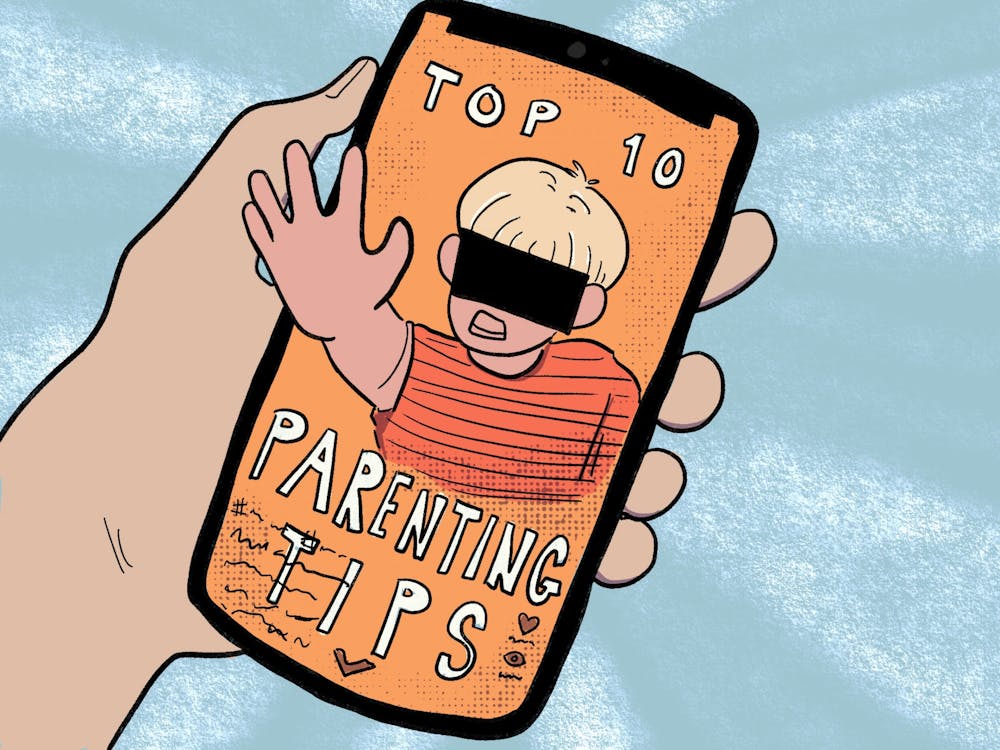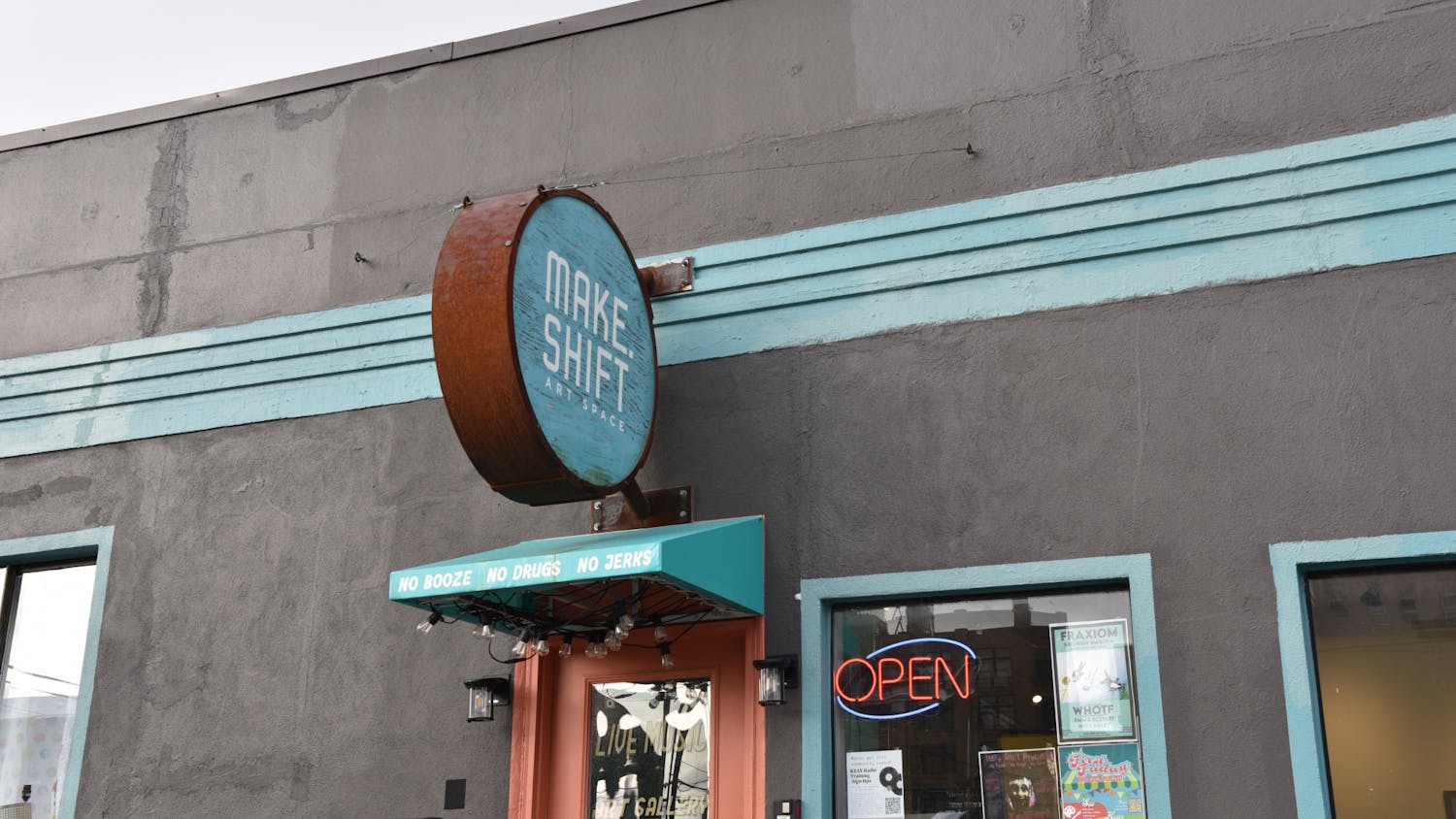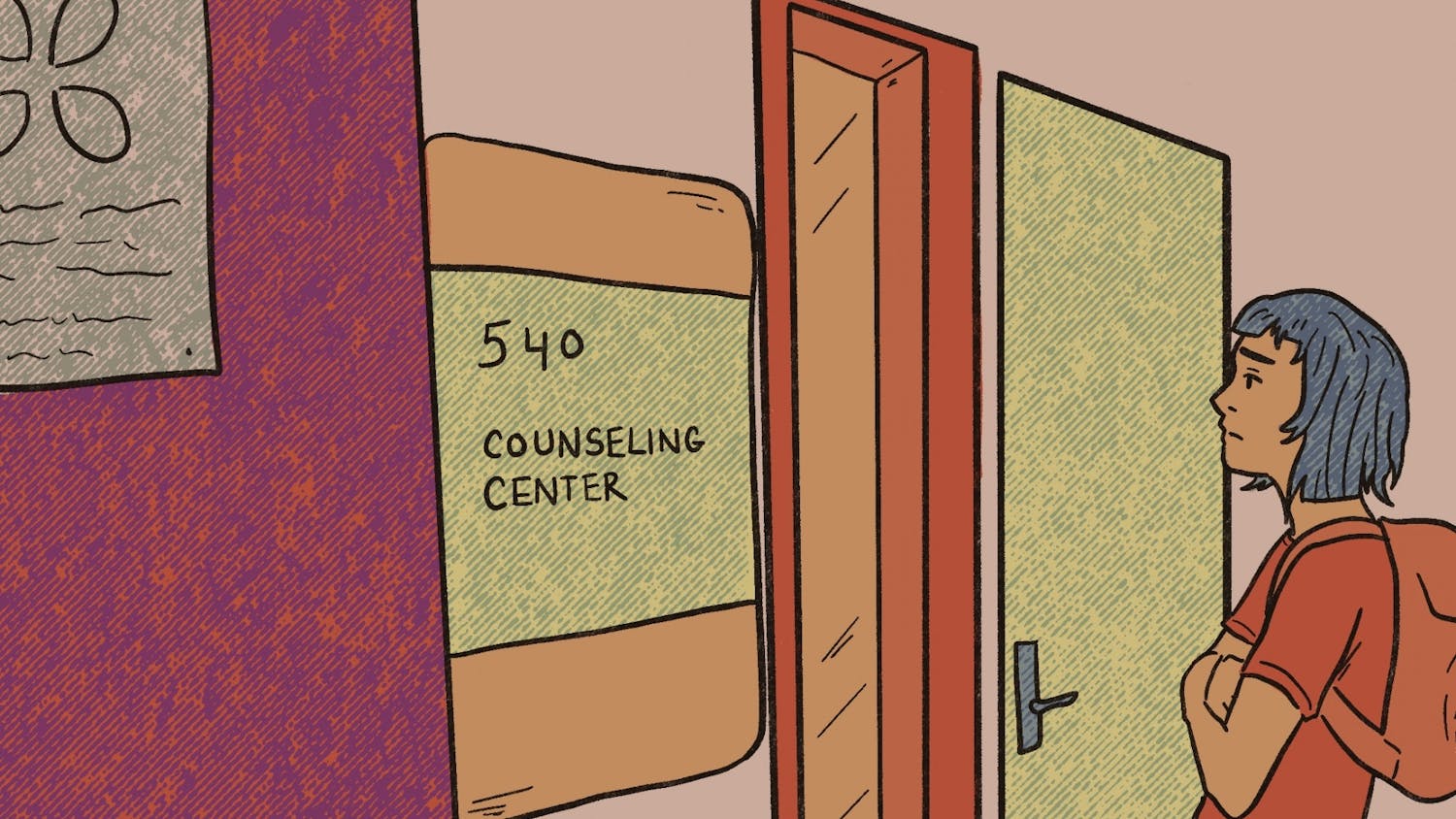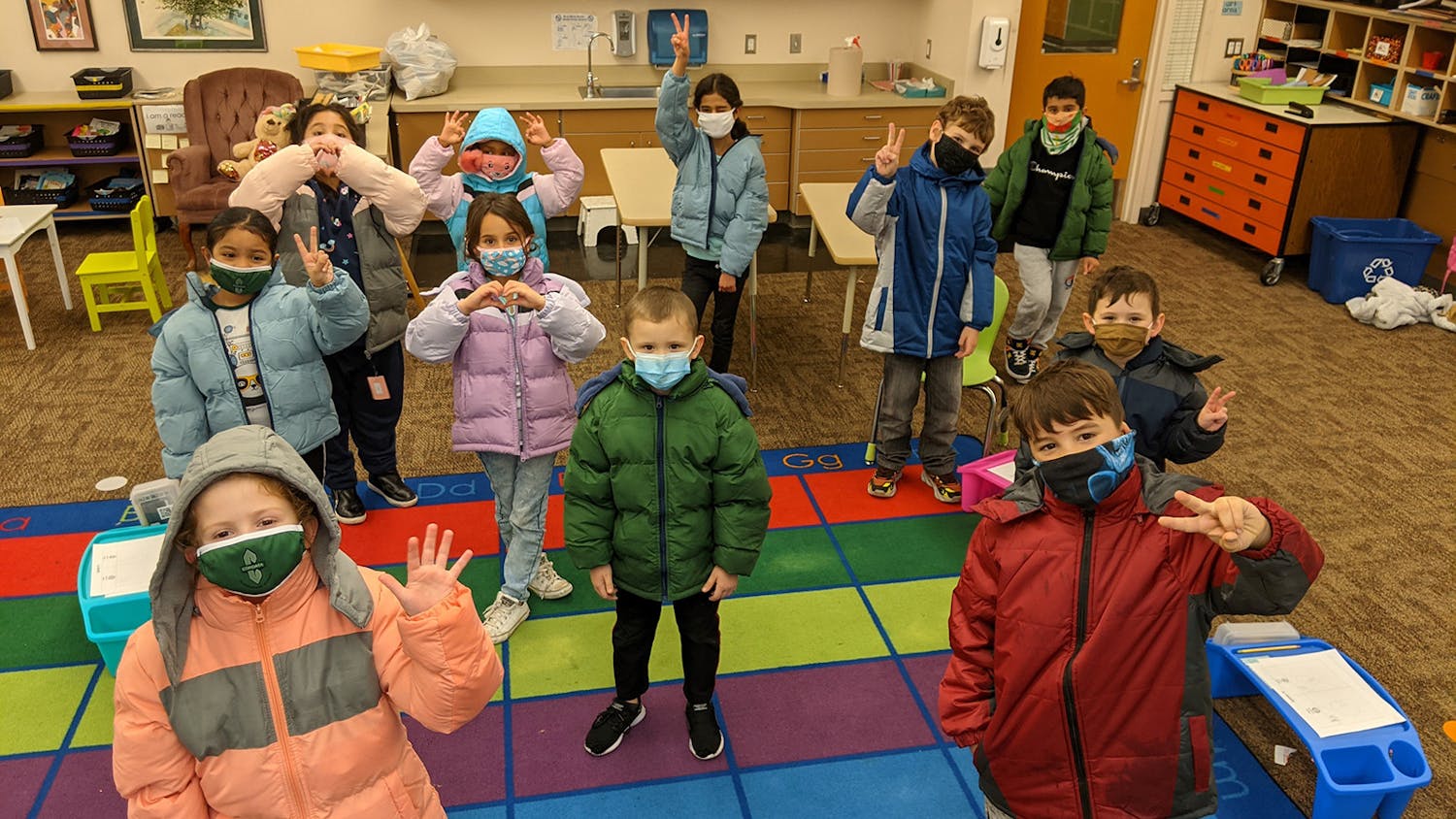I cringe whenever my parents share an embarrassing childhood story about me at the dinner table. Who wants to relive the time they were dragged out of a store because their mom wouldn’t buy them a Care Bear?
Parents are known for embarrassing their kids and, most of the time, that embarrassing moment is shared only with friends and family. However, for children in reality TV shows, those embarrassing moments are broadcasted for the world to see.
I’ll always remember watching “Jon & Kate Plus 8” and laughing at a scene when one of the kids, probably 3 or 4 at the time, exclaimed, “Hannah pooped in Hannah’s underwear!”
This hilarious scene is listed in multiple “‘Jon & Kate Plus 8’ most memorable moments” articles. The scene showcased the funny things that little kids have said which make for good TV.
However, that moment is online forever. Instead of Hannah’s mom sharing that embarrassing story at the dinner table, it might be her peers sharing it after seeing it on TV. It might be strangers sharing a story online about someone they don’t know.
Children can’t consent to material like that being aired to an audience of millions. Even if you ask a kid, ‘Hey, are you OK with being filmed?’ and they say yes, they do not understand the impact it might have on them later in life. They cannot make informed decisions about how much they want to share on TV.
A reality TV agent who spoke with Business Insider said that “A” players — the main personalities — on reality shows can make between $30,000 and $10 million per season depending on how long the show has been on the air.
All parents will say they want the best for their children, and I want to believe them, but when it comes to reality TV, money and fame are often blinding.
Seton Hall University published a study that found most state laws do not regulate children’s compensation on reality TV because they are not considered employees. Reality stars do not qualify for representation by unions like the Screen Actors Guild–American Federation of Television and Radio Artists either.
Without organizations and legislators protecting them, children are susceptible to being overworked and underpaid. Child labor laws in the U.S. are strict and have specific guidelines for how old one must be to work, how many hours can be worked in a day and the wages they must be paid. So, how come children on reality TV are excluded?
If reality shows continue to profit off of children, there need to be laws passed that protect children’s interests. There need to be age limits because 3 or 4-year-olds are not developed enough to understand what they’re getting themselves into. Teenagers arguably have a clearer grasp, but there still need to be adequate protections as there would be at any other job.
The SAG-AFTRA and child labor laws both need to update their policies to include children on reality shows. And if you're a parent considering the exploitation of your children, whether it's on TV, TikTok or YouTube — I urge you to think twice. It could ruin not only your relationship with them but their futures.
Isabella Loy (she/her) is one of two copy editors for The Front this quarter. She's a fourth-year transfer student majoring in news/ed journalism with a concentration in Religious Studies. She has also worked on publications at her community college and at Western's magazine, Klipsun. You can reach her at isabellaloy.thefront@gmail.com.






